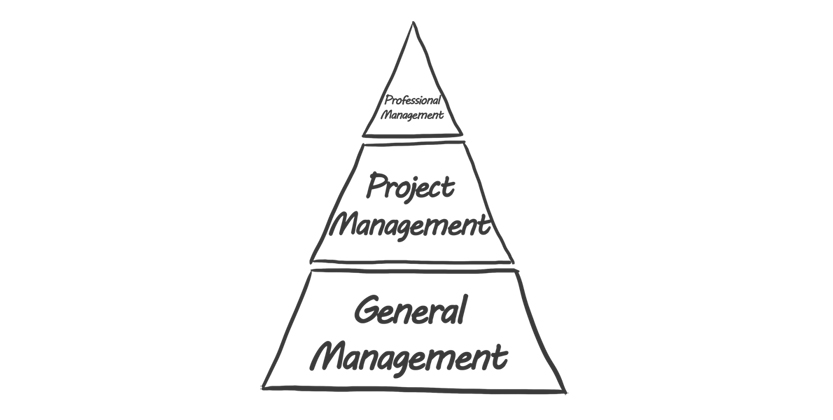Project management is a profession that requires knowledge, skills, abilities and appropriate management tools. Since it is primarily a managerial effort, the project manager might not necessarily be the best technical, professional person but it is essential that he possess general management skills, the most important being the ability to make decisions. A manager who is not capable of decision-making will only slow down the project’s progress. His hesitation will cause the project to suffer delays and overruns and may even lead to failure.
He should also be capable of leading, building a team, working under pressure and communicating with many parties, both within and out of the project.
Finally, the project manager should have a background and expertise in the project’s field so that he will be familiar with the professional content and the related jargon, even if the emphasis is on management skills rather than on technical background in the field.
A good manager will overcome his weaknesses with leadership skills and delegation abilities. In contrast, a person who is not a manager may be overpowered by his weaknesses and harm the project, sometimes severely.

The mix of skills required by a project manager is illustrated by the ‘Management Pyramid’, which consists of three layers: The first layer, the most basic one, contains the general management skills. Every project manager is necessarily a manager. The second layer contains the project management skills described in this book. The upper layer contains professional management skills that derive from the project’s subject and content. Different projects will require different types of project managers and various methods of management. Innovative projects that need development will require a project manager who possesses outstanding technical skills. However, for non-innovative projects, a project manager’s technical expertise is of less importance. The extent of the diversity of the project will determine the most appropriate project manager for the task.
What Does the Project Manager Do?
The project manager is engaged at any given moment in one of three activities: planning the project in all its aspects, controlling the project in all its dimensions and communicating formally and informally with everyone involved in and affected by the project.
The project manager does not deal with performing tasks, but with planning these tasks, controlling them and establishing the communication deriving from this control. There are projects in which the project manager is also responsible for undertaking some tasks. In this case, he is not only the project manager but also a member of its staff, from which stems his responsibility to carry out different tasks in the project as well.
The project manager must ensure that the project achieves its objectives within the limits and constraints that have been defined, by ensuring the availability of the resources needed for performing the work, removing obstacles from the way and navigating the intricacies of organizational politics in the environment in which the project is being conducted.
In this book, you will find a detailed overview of the planning, control and communication activities that the project manager must carry out while performing his duties, along with concrete examples and applicable tools for simple, immediate use.


